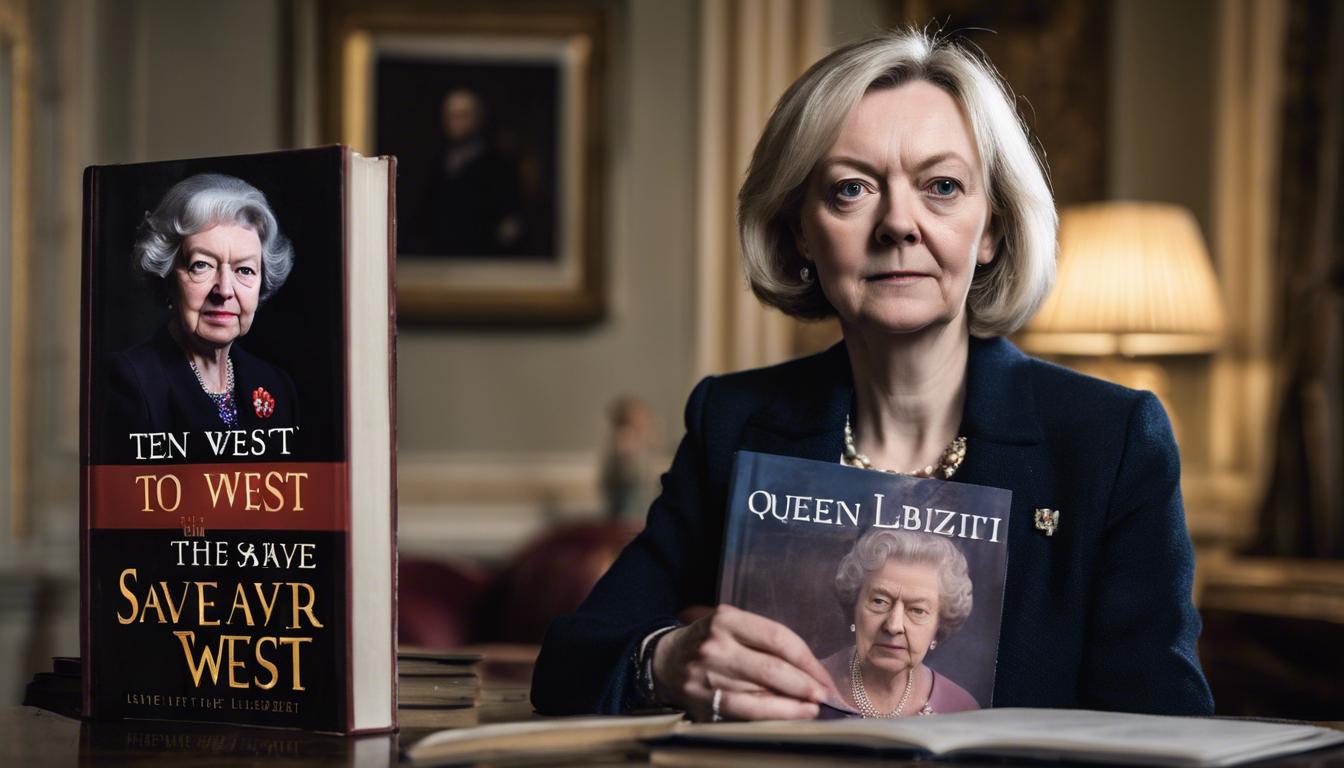Former Prime Minister Liz Truss releases a new book discussing her brief tenure, economic policies, and a significant final encounter with Queen Elizabeth II, as she continues to influence the conservative dialogue.
Former Prime Minister Liz Truss has stirred public and political discourse with the release of her new book, “Ten Years to Save the West: Lessons From the Only Conservative in the Room”, which delves into her brief tenure in government and offers personal anecdotes, including a touching recount of her final conversation with Queen Elizabeth II. In the book, Truss recalls her last interaction with the Queen at Balmoral, where the late monarch expressed hope of seeing her the following week, a meeting which never occurred due to the Queen’s passing.
In addition to reflections on her personal interactions, Truss’s tenure as prime minister is also scrutinized in her book, specifically her economic policies, notably “Trussonomics”. This approach, involving £45 billion in unfunded tax cuts intended to foster economic growth by reducing tax for the wealthy, has been criticized widely. Economists and market reactions were sharply negative, with swift repercussions observed as the pound collapsed and government bond yields surged. Criticism also extended to the sidelining of established economic overseers like the Office for Budget Responsibility. Truss and her then-chancellor Kwasi Kwarteng’s approach faced opposition, culminating in her resignation after a mere 49 days in office, marking one of the shortest premierships in British history.
Post-premiership, Truss maintains her advocacy for tax-cutting, free-market ideas. Her ongoing presence at public events, including a birthday gathering of political figure Nigel Farage, marks her continued engagement in political circles. Her book not only discusses her political legacy but also attempts to position her within broader conservative dialogues, both in the UK and internationally.
The “Trussonomics” strategy and its impacts are dissected by various economists, suggesting that a shift towards more comprehensive economic strategies, inclusive of infrastructure and skill investment, might better serve the UK’s long-term interests. These analyses underscore the broader implications of Truss’s policies during her short-lived administration.













